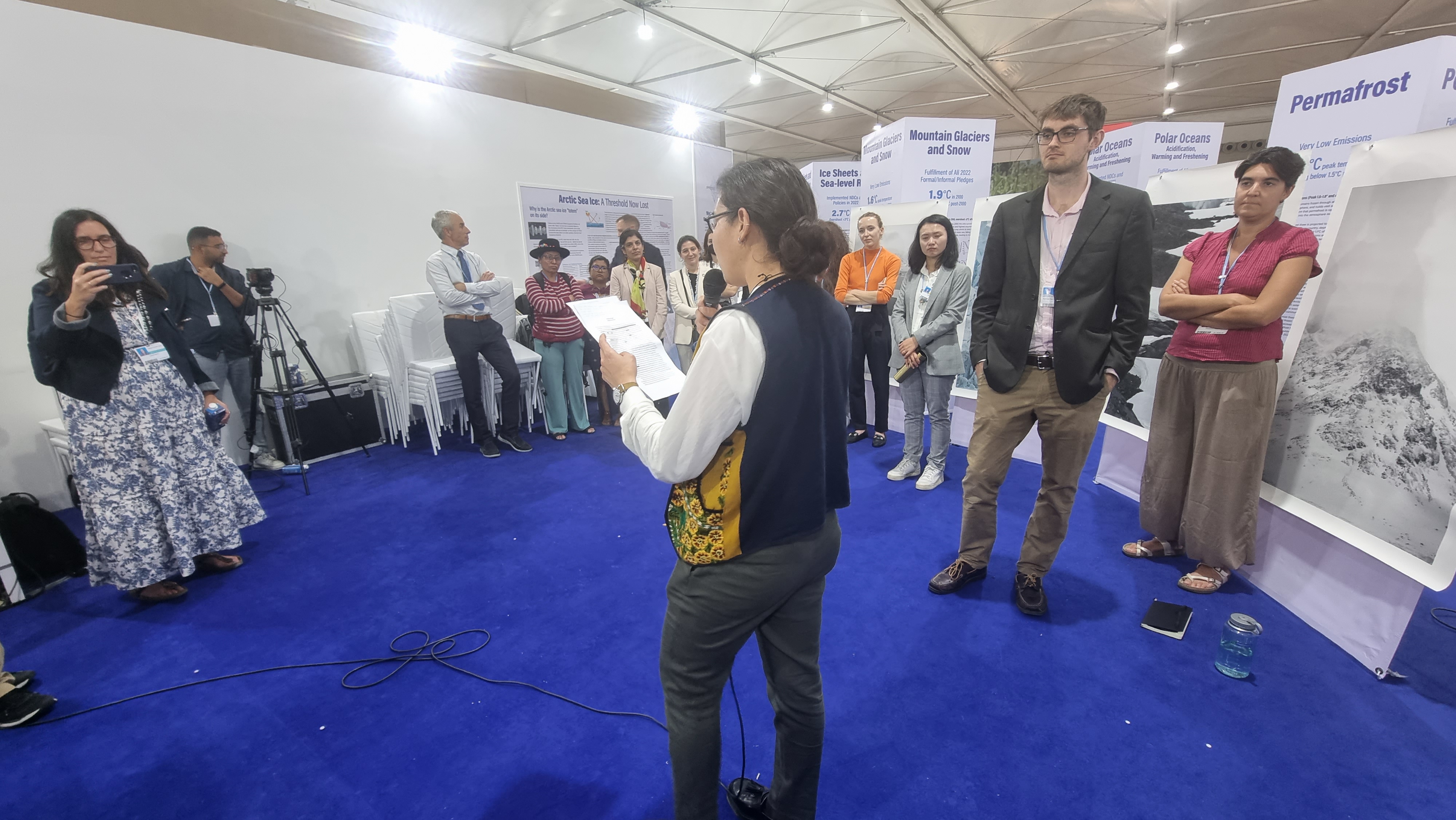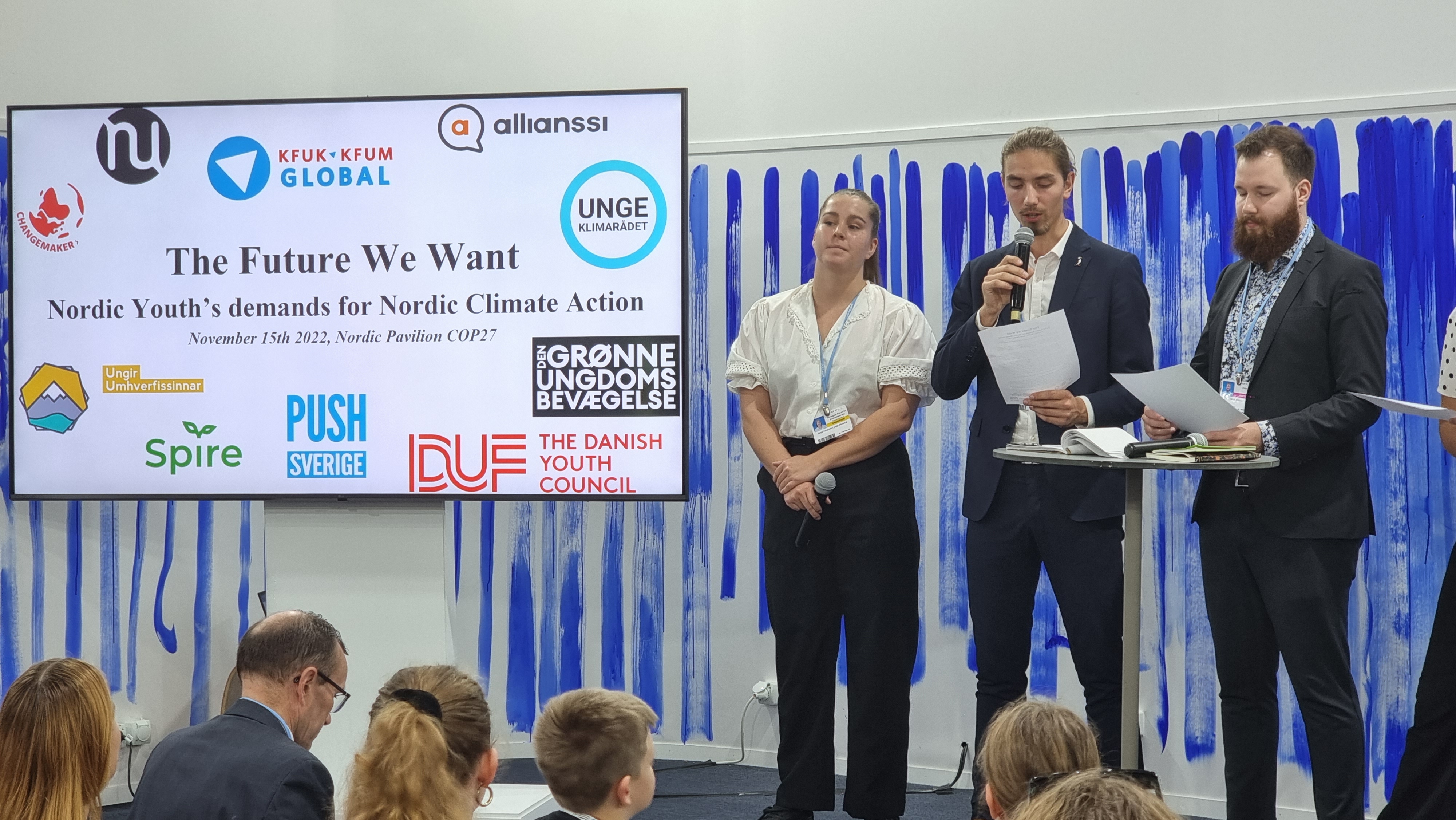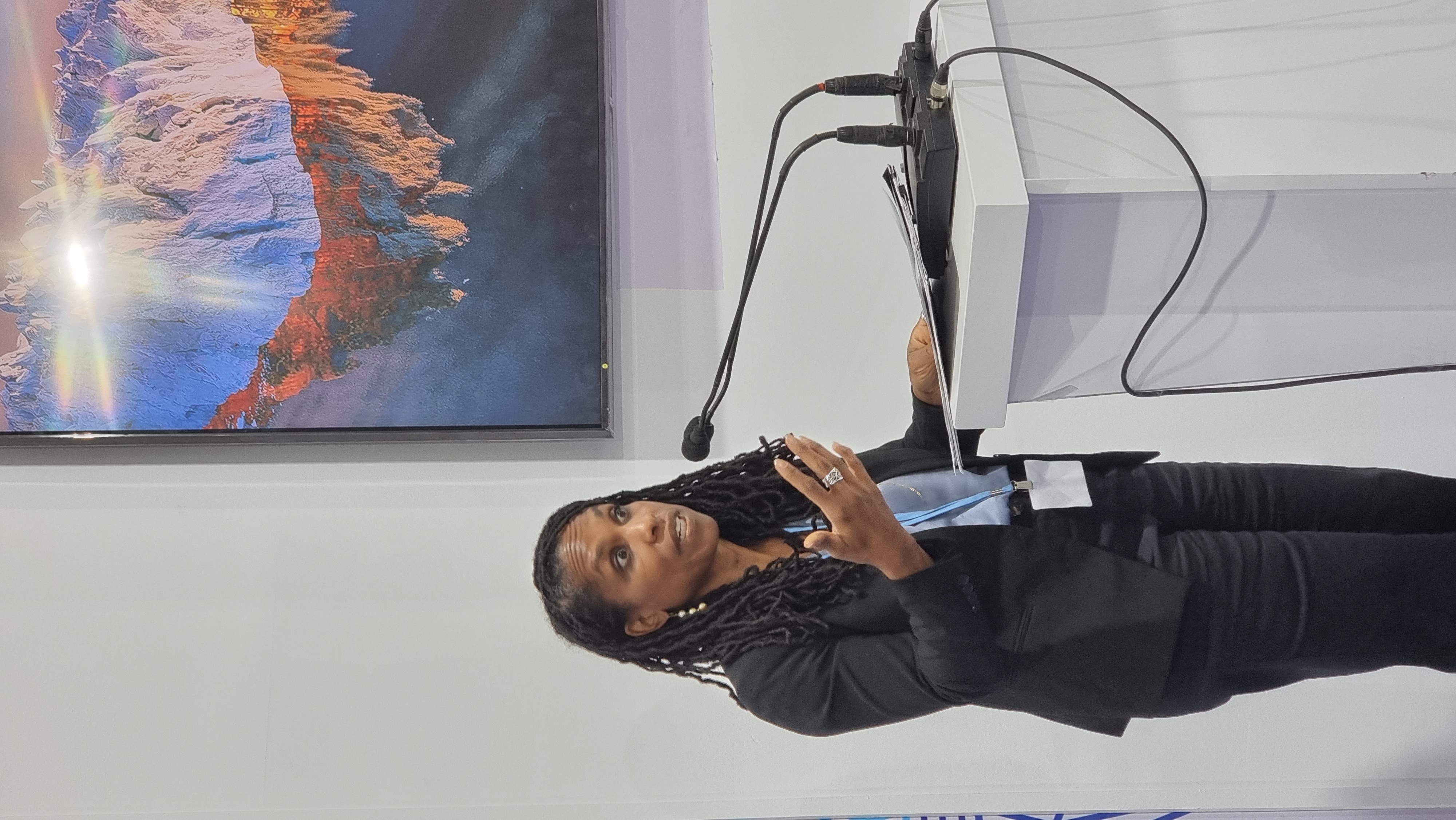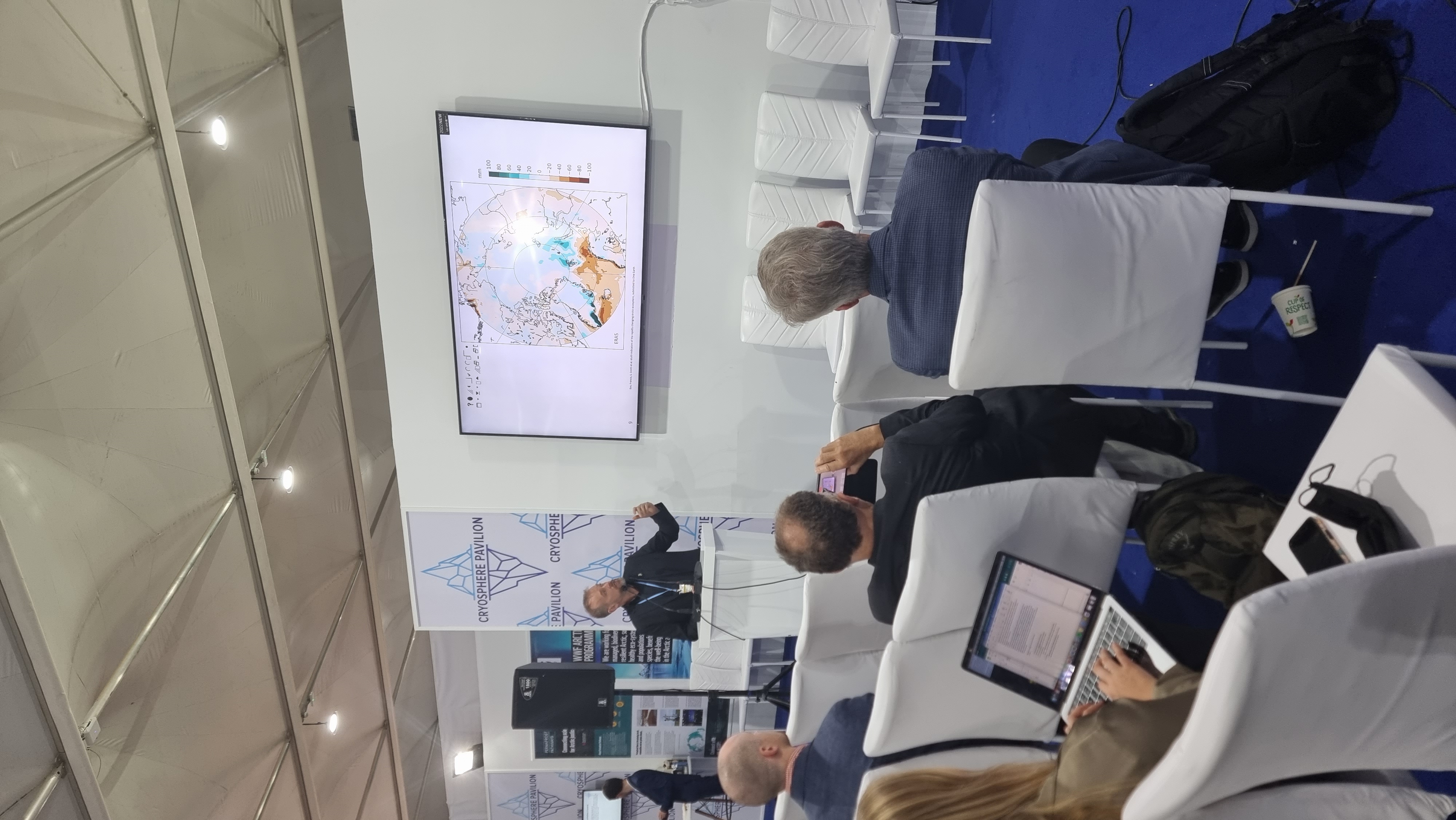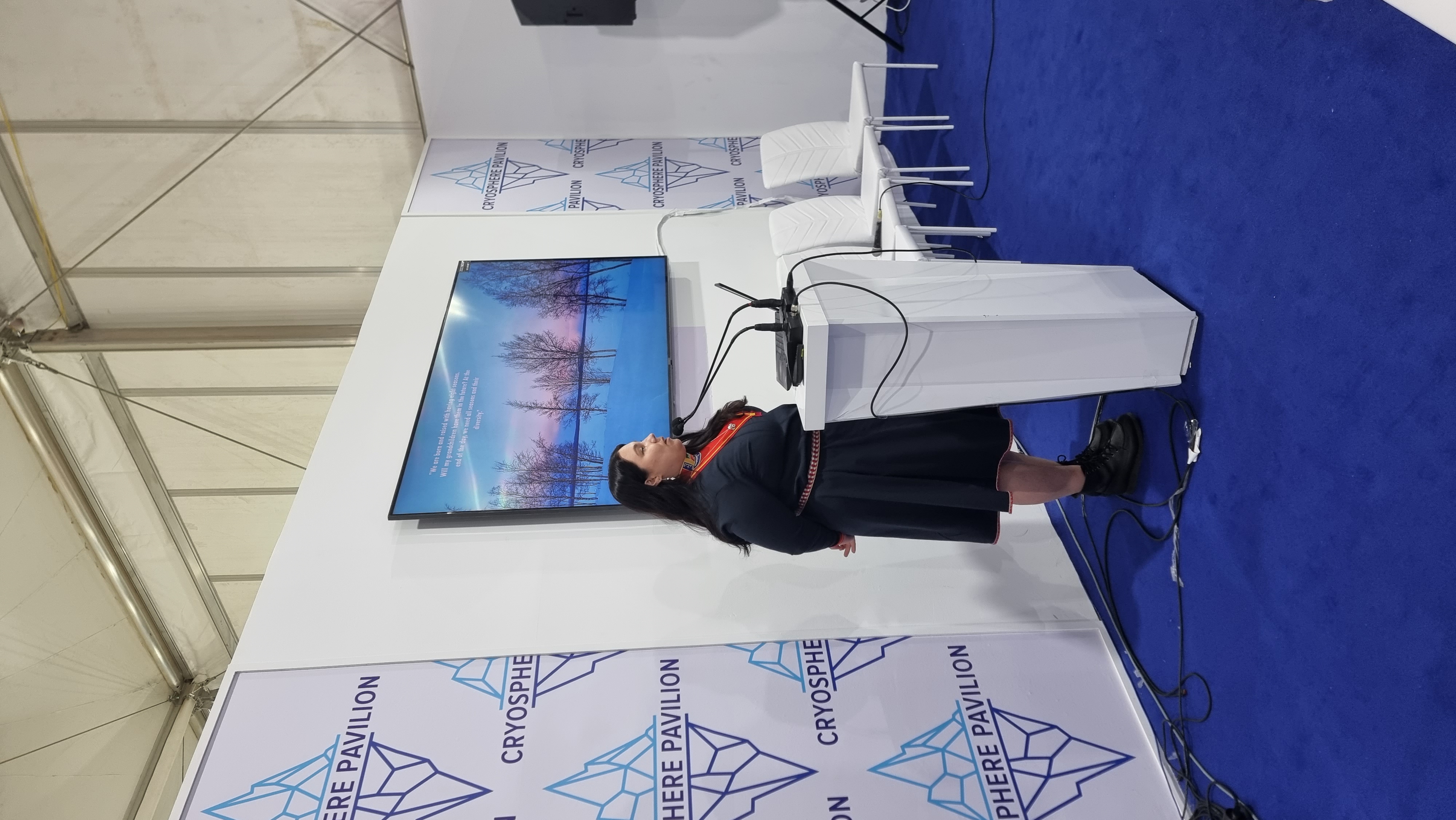Arctic Passion At Cop27
by Heïdi Sevestre | Published: 29-Nov-22 | Last updated: 28-Nov-22 | Tags : Arctic event partners | category: NEWS
Last week I attended the second week of COP27 on behalf of the EU project Arctic PASSION. COP27 is the 27th United Nations Climate Change Conference held in Sharm el Sheikh, Egypt. The COPs (Conference of the Parties) are the chance, every year, for countries to present and discuss their strategies to fight climate change and conform to follow the goals of the Paris Agreement: keep global temperatures "well below 2°C" and to further pursue efforts to keep them under 1.5°C.
COP27 was expected to deliver on an array of issues such as building resilience in vulnerable countries, adaptation, climate finance and mitigation. 40 000 people and 100 Heads of State were expected to participate. My own goals were mostly to network and make new connections in the field of Arctic climate change.
The results: COP did deliver a historical agreement on "Loss and Damage". Loss and Damage includes storms, cyclones, sea level rise, floods etc. With the creation of a new Loss and Damage fund, developing countries that are particularly vulnerable to the adverse effects of climate change will receive assistance in "averting, minimising and addressing loss and damage". This was decades in the making. Two new important words made it in the final "cover decision" text of COP27: "cryosphere" and "tipping points". This was due in part to the amazing work of ICCI - International Cryosphere Climate Initiative with the signing of their new "Ambition on Melting Ice" declaration. Finally, COP did not deliver enough on mitigation. With 636 identified lobbyists working for the oil and gas industry, it was no surprise that the final text avoided the mention of peaking of emissions or phase out of fossil fuels.
These COPs are a good reminder that fighting climate change does not begin and end with the COPs. No matter the outcomes of these massive climate conferences the need for a stronger science policy connection is bigger than ever.
